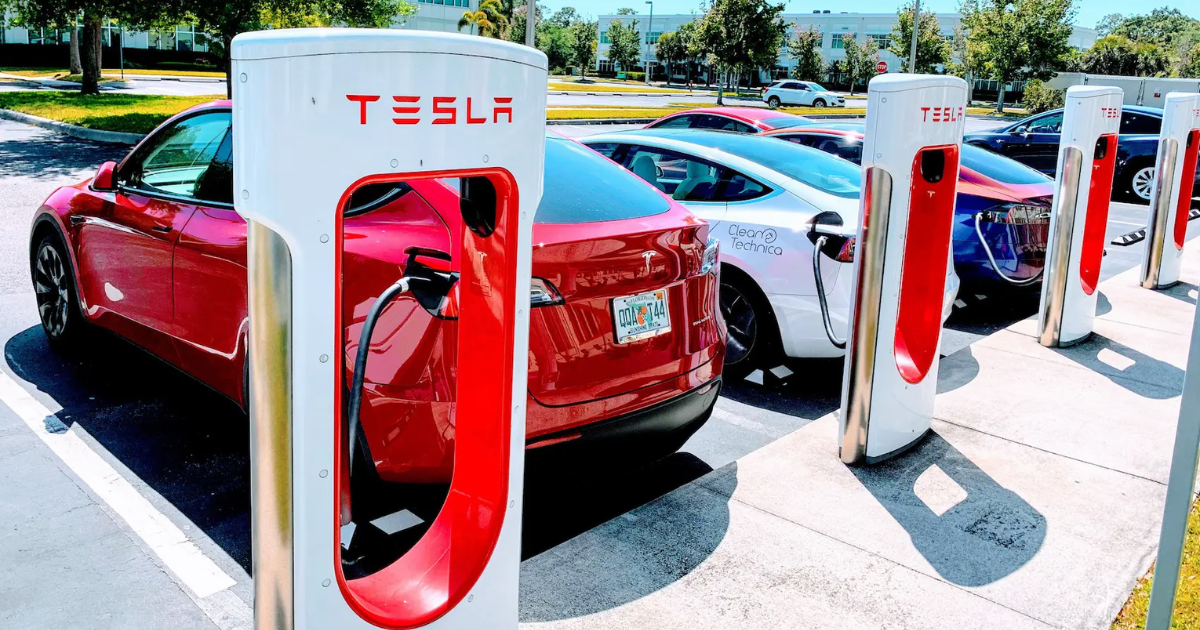In a recent update on Tesla’s website, it was announced that all new Tesla Model 3 vehicles will now qualify for the full $7,500 federal electric vehicle (EV) tax credit. This change comes as a result of a modification made by Tesla, although the specific details of what prompted the adjustment have not been disclosed.
The EV tax credits were established by Congress in August of last year as part of the Inflation Reduction Act. The objective of these credits was to reduce the United States’ reliance on China for batteries. The $7,500 tax credit is divided into two components. The first half, amounting to $3,750, can be obtained if 50% of the value of battery components were produced or assembled in North America. The second half requires that 40% of the value of critical materials be sourced from the U.S. or another country with a free trade agreement.
Initially, when the tax credits took effect on January 1, the Treasury Department did not provide guidance on battery sourcing, allowing EV manufacturers time to meet the requirements. However, on April 18, the department began enforcing the critical material sourcing requirement. As a result, many vehicle models lost the full tax credits they had previously qualified for during the first quarter of the year. Notably, Tesla’s Model 3 had its full credit reduced by half, while other automakers like BMW, Rivian, Volvo, and Hyundai lost their credits entirely.
With this recent update, it appears that all Tesla vehicles, including the Model 3 long-range all-wheel drive and rear-wheel drive versions, will now be eligible for the full $7,500 tax credit. Previously, only the Model 3 Performance model qualified for the full credit. The Model 3 rear-wheel drive variant, when factoring in the tax credit, now starts at $32,740.
It’s worth mentioning that the Treasury Department’s website has not yet been updated to reflect Tesla’s eligibility for the tax credits, and the department has not provided any official comment in response to inquiries.
The extension of the full tax credit for Tesla’s Model 3 is expected to provide a significant incentive for potential buyers and further promote the adoption of electric vehicles in the United States.



![[CITYPNG.COM]White Google Play PlayStore Logo – 1500×1500](https://startupnews.fyi/wp-content/uploads/2025/08/CITYPNG.COMWhite-Google-Play-PlayStore-Logo-1500x1500-1-630x630.png)